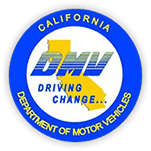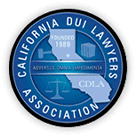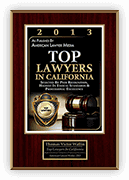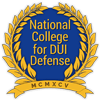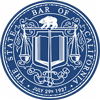Under California’s Implied Consent laws, when you receive your driver’s license you agree to submit to a breath or blood test if you are arrested for driving under the influence (DUI). (Note that the PAS breath test is exempt from this requirement.) When you are arrested for a DUI/DWI or DUID you are given a choice of taking a breath, blood or urine test. If you refuse to submit to any of these chemical tests, your driving privileges may automatically be suspended for six months. The question here is what constitutes a refusal? In accordance with case law, there are two types of refusals, express refusals and implied refusals. The express refusal is one in which the individual actually says “no” to a test and the implied refusal is one in which an officer thinks and states that a refusal occurred although the individual did not actually say “no” to the test.
There are cases where an implied refusal may be excused as far as the repercussions of the Implied Consent law are concerned. For instance, if a driver is arrested for drunk driving and chooses to submit to a breath test but is unable to provide a sufficient amount of breath so that a reading will result, and the testing officer records this as a refusal, then it may be considered as an implied refusal and excused from the Implied Consent law. In some instances, the individual is sick or injured and simply unable to provide a sufficient sample or the test machine is faulty. In this instance, if the testing officer does not allow the individual who chose to take the breath test to then submit to a blood test, but rather records a “refusal,” then the refusal may be excused. Note that California courts have found that a driver who is semiconscious due to a medical condition should not be considered to have had “refused” the test.


